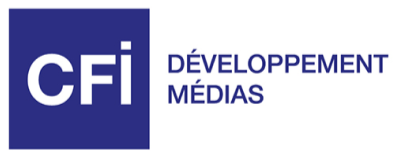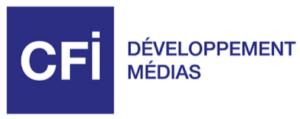Learning Objectives
Objective 1: Master key concepts of “cyber-citizenship” and “citizen media”
Objective 2: Provide examples of successful citizen media initiatives
Objective 3: Assess risks and pitfalls of citizen media
What is a Citizen Media?
Definition: “Citizen media” combines the terms “media” and “citizen.” Media refers to platforms (radio, TV, internet, etc.) through which information is shared with a wide audience. The term “citizen” applies because the authors of these articles and investigations are not professional journalists but ordinary citizens aiming to spark debates on specific issues or societal problems.
Therefore, the reader abandons a purely passive role and engages in the creation and dissemination of information. Participation is crucial. Through online/offline radio, blogs, vlogs (video blogs), podcasts, and more, ordinary citizens, researchers, or nonprofit professionals can express themselves and reach a large audience.
Example: In Albania, blogging as civic engagement: created in 2007 by Ardian Vehbiu, the blog “Peizazhe të Fjalës” (Landscape of Speech) serves as an independent space, a sustainable model in Albania’s rapidly changing media landscape, facing shrinking financial resources, declining credibility, and high politicization. According to its author: “From the start, the blog was intended as a ‘sanctuary’ for free Albanian thought, protected from intimidation, guilt, humiliation, stigmatization, trials, and contemporary censorship in public discourse.”
Engagement via Social Media
Social media has transformed information circulation from a traditionally vertical, top-down flow to a more horizontal one. Anyone can create and share content within their network and beyond. This expression is often parallel to or ahead of real-world mobilizations. During the Arab revolutions, for example, social media played a key role, but political change occurred through social movements (demonstrations, blockades, etc.). Social media enables rapid information circulation, but societal change happens when online engagement meets real-world action.
Example: In Serbia, the #1of5million movement that emerged in late 2018 leveraged new technologies and modern communication to mobilize citizens online. Twitter and Facebook enabled debate groups and mass mobilization against authoritarian drift and for freedom of expression.
Risks and Pitfalls
Journalism requires specific skills and ethics. Still, anyone can learn journalism through dialogues between professionals and amateurs. This knowledge sharing helps citizen media become reliable alternative sources.
However, the ease of amateur journalism also carries risks. Information producers may ignore journalistic ethics and spread incorrect or manipulated content.
Citizen media, TV channels, print press, or social networks—today’s abundance of information demands critical thinking toward all sources.
Moreover, the internet is both a freedom space and a commercial space. Marketing logic invades the internet and social media, turning information into profit. Emotional content can attract clicks in a system funded by ads (“ClickBait”), where the author earns based on views, potentially spreading false beliefs for profit.


